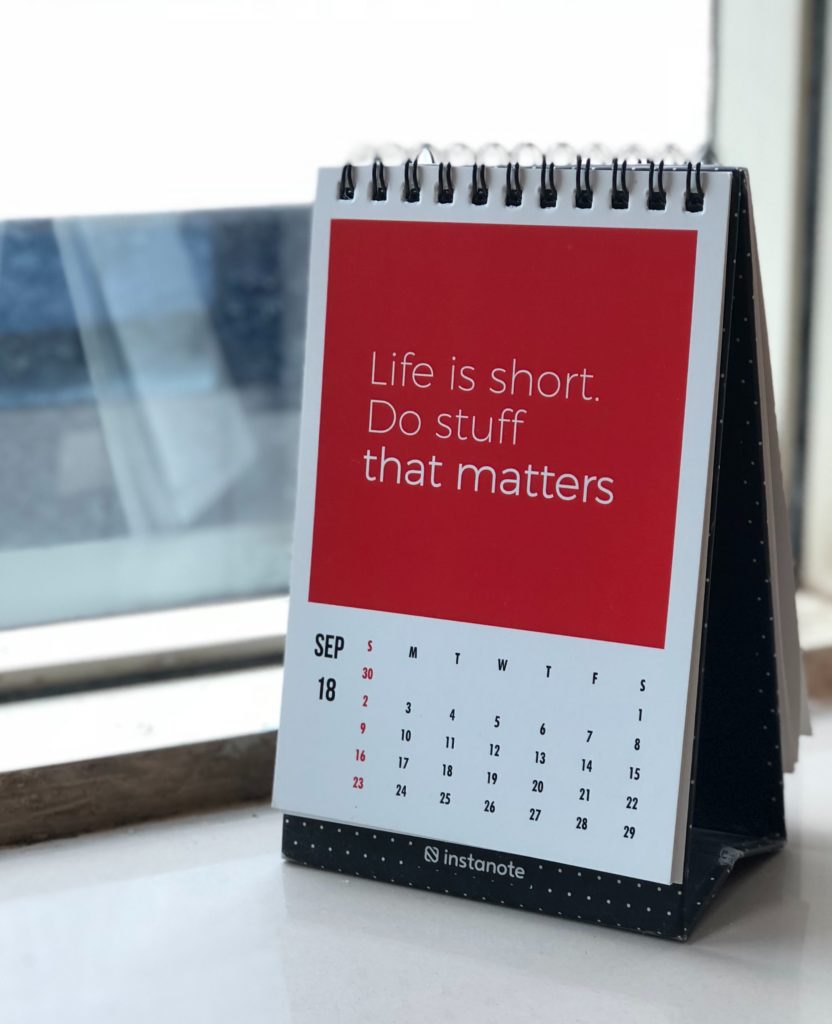If you are applying for PhD study, you’ll want to diverge from the classic style of CV and tailor it within the academic context. To help you with this, I have highlighted three key qualities to emphasise: your academic competence, direction, and commitment. Hopefully this will inspire you with many examples from your own experience.
How do I show academic competence?
This is where you will want to pay special attention to your education section. You might feel that simply stating your qualification is enough. However, there is a lot more you can add to this. Think about the projects you’ve worked on over your degree; the report writing; the statistical methods you've learnt; the specialist software you’ve mastered. These are all details that will help your qualifications stand out.
Other specific additions can be relevant modules (including ones you haven’t done yet), grades, and other academic achievements. These extra details offer a sense of what your knowledge is like, its depth and breadth, and how it will translate to PhD study.
How do I show direction?
As somebody who wants to contribute to their chosen field, try to be specific about your research goals. According to Find a PhD.com, this precision is particularly important if you are in the social science field.
You could have a section at the top entitled ‘Research Interests’ to demonstrate this. Alternatively, you could write a profile section or an objective summarising your research interests. Read To profile, or not to profile if you want some help in making this decision.
How do I show commitment?
To demonstrate that you are committed to your subject, you could include any of the following and more:
• Publications
• Tutoring/mentoring other students
• Attending relevant conferences or workshops
• Research placements
• Professional memberships
These additions will certainly add value to your application. Participating in such activities is a sign of initiative in that you are independently seeking further development. This is especially valuable if it is supplementary to your core studies. By showing this initiative you are sending the message that you are committed to your subject and are keen to learn around it.
What if I cannot show any of these qualities?
If you are thinking “but I don’t have anything like that!” do not despair. Think carefully about your work experience or other positions of responsibility you’ve had. You could show off your skills in independent working, time management, and liaising with others. Anything that will confirm your suitability for a PhD will strengthen your case.
On these lines, it is okay to say that you have “applied” for a professional membership and it is “pending”, or you have “booked” onto a relevant conference/workshop. This will show intention and planning which is a good quality on its own.
Final Tips
Throughout your CV, think about the skills that will support you in your studies and future career. Envisage the skills you’ll need to successfully complete a PhD. Explore My Future where you will find some resources to guide you. Additionally, you might find this link to FindaPhD’s advice section useful.
Finally, as your CV or proposal will be the first piece of writing they will see, you want to show you can effectively communicate your ideas. You can write about your academic skills but it’s even better to demonstrate them through a well-structured and thoroughly edited CV. To help you with this, check out this article on CV self-proofreading tips.
Respond


